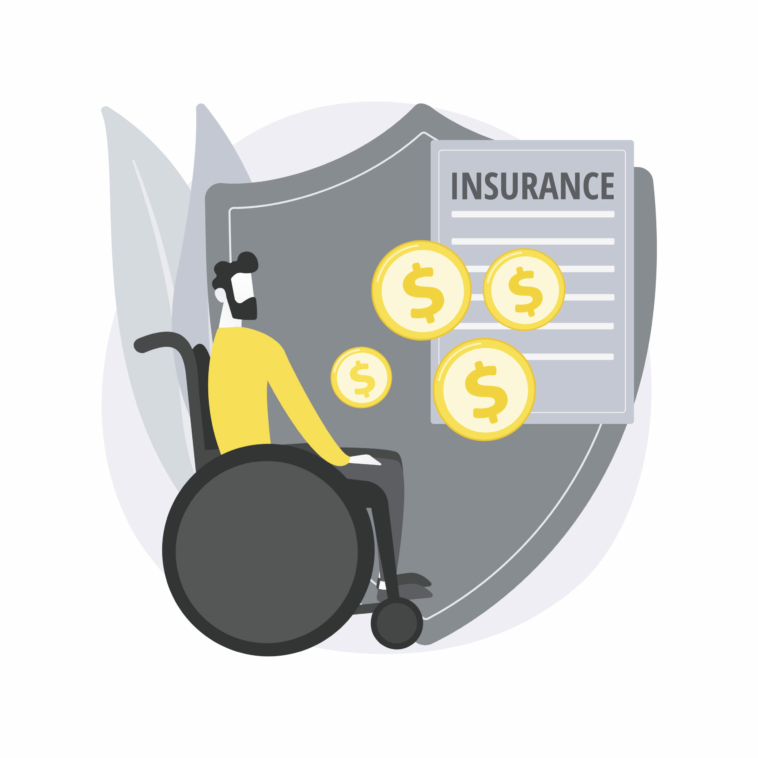Life is unpredictable, and accidents can happen when you least expect them. Personal Injury Protection (PIP) insurance is a financial safety net that can help you and your loved ones recover from the unexpected aftermath of an accident. In this comprehensive guide, we’ll delve into the world of PIP insurance, understanding what it is, how it works, its benefits, and why it’s a crucial addition to your insurance portfolio.
Understanding Personal Injury Protection (PIP) Insurance
Personal Injury Protection (PIP) insurance, also known as no-fault insurance, is a type of auto insurance coverage that provides compensation for medical expenses, lost wages, and other accident-related costs, regardless of who is at fault for the accident. PIP coverage extends to you, your passengers, and in some cases, pedestrians or cyclists involved in the accident.
How Personal Injury Protection (PIP) Insurance Works
The mechanics of PIP insurance are relatively straightforward:
1. Policy Enrollment
You enroll in an auto insurance policy that includes Personal Injury Protection (PIP) coverage. PIP is required in some states, while in others, it’s optional. Check your state’s regulations and insurance requirements.
2. Premium Payments
You pay regular premiums to maintain your PIP coverage, just like with standard auto insurance policies.
3. Accident Occurrence
When an accident occurs, you or anyone covered under your policy can file a PIP claim to seek compensation for injury-related expenses.
4. Claim Evaluation and Payment
The insurance company assesses the claim and, if approved, provides compensation to cover medical bills, lost wages, and other accident-related costs up to the policy’s coverage limits.
The Benefits of Personal Injury Protection (PIP) Insurance
Personal Injury Protection (PIP) insurance offers several benefits:
1. Swift Access to Medical Care
PIP coverage ensures that you and your passengers can quickly access necessary medical treatment without waiting for fault determination or a lawsuit settlement.
2. Wage Loss Coverage
It provides compensation for lost wages due to accident-related injuries, helping you maintain financial stability during recovery.
3. Coverage for Passengers
PIP insurance extends to passengers in your vehicle, providing them with the same benefits if they are injured in an accident.
4. No-Fault Convenience
PIP operates on a no-fault basis, meaning you can receive benefits regardless of who caused the accident, simplifying the claims process and reducing the need for legal battles.
Choosing Personal Injury Protection (PIP) Insurance
To select the right PIP insurance coverage, consider these factors:
1. Coverage Limits
Determine the appropriate coverage limits based on your state’s requirements, your budget, and your potential medical expenses in case of an accident.
2. Coordination with Health Insurance
If you have health insurance, understand how it coordinates with PIP coverage to ensure you’re not over-insured or under-insured.
3. Additional Benefits
Explore any additional benefits offered with PIP coverage, such as coverage for funeral expenses, essential services like childcare or housekeeping, or extended benefits for injuries that lead to disability.
4. Legal Requirements
Check your state’s legal requirements regarding PIP insurance, as it may be mandatory in some states.
Conclusion
Personal Injury Protection (PIP) insurance is your financial safety net in the aftermath of an accident, offering swift access to medical care, wage loss coverage, and peace of mind. By understanding the fundamentals of PIP insurance, assessing your coverage needs, and making informed choices, you can navigate life’s uncertainties with confidence and financial security.



